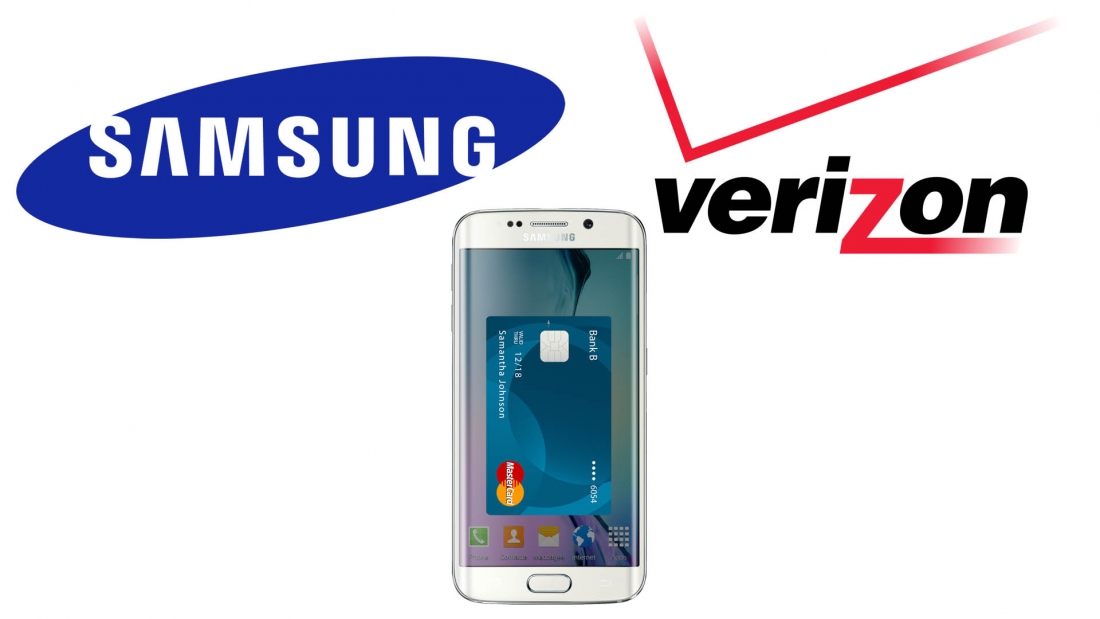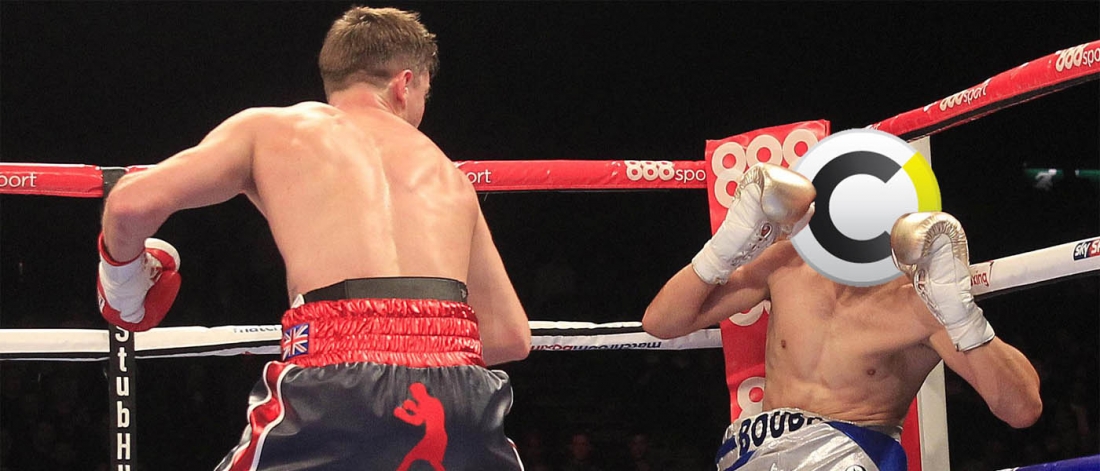Not All Carriers Ready To Support Samsung Pay
With the official launch of Samsung’s mobile payment service just over a month away, not all US carriers are onboard. Samsung has revealed that Verizon, the country’s largest wireless provider, has yet to announce support for Samsung Pay. For Verizon’s part, all the company will say is that they are “in the process of evaluating” the service. Yes, there is still ample time for Verizon to join hands with Samsung (and the other US wireless carriers) in offering the mobile payment method, but given Verizon’s pledge to support Android Pay immediately after it was announced, I am skeptical. Verizon has a history of blocking proprietary features that only a few handsets would benefit from; the company blocked Google Wallet for years. It will be interesting to see if Samsung might be pushed to support Android Pay (in the US at least) if Verizon doesn’t allow the handset maker’s proprietary payment system.
The news of Verizon blocking a service to users on its network may make you wonder how that is possible. Anytime there is a software update to a mobile device, the carrier needs to test and approve it before it launches. Whether an Android or iOS device,
Continue reading







